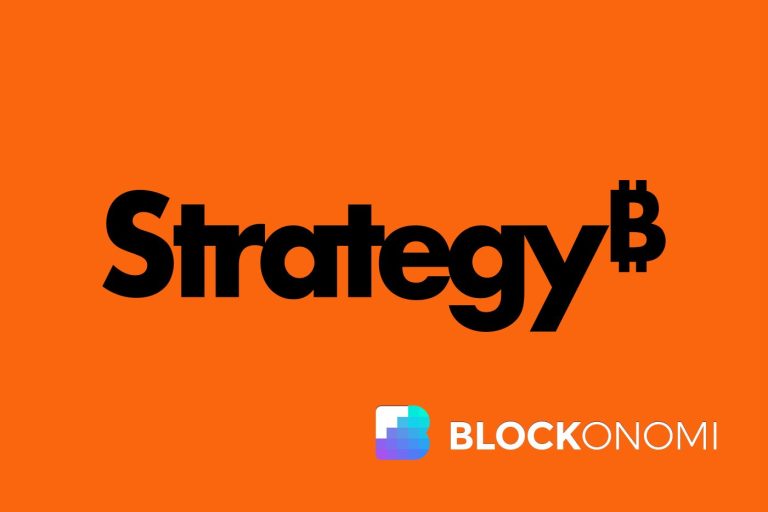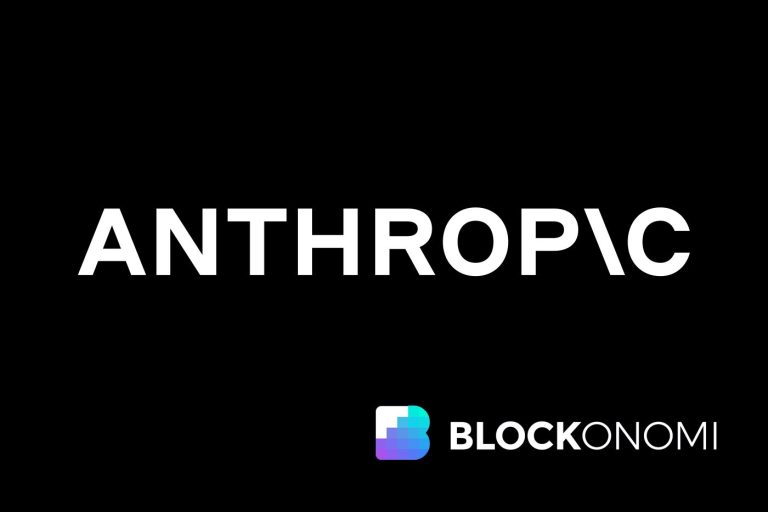
Understanding Time Management
Time management is the process of organizing and planning how to divide your time between specific activities. Good time management enables an individual to complete more in a shorter period, lowers stress, and leads to career advancement.
It’s not just about managing your calendar; it’s about using your available hours effectively and in alignment with your goals. The core of time management is rooted in figuring out what is most important for you.
Common Time Management Challenges
1. Procrastination: The tendency to delay tasks can severely impact productivity. It’s critical to identify your reasons for procrastination and tackle them head-on.
2. Distractions: In a world of constant notifications and demands for attention, distractions can derrail your focus. Establishing a distraction-free environment is essential for effective time management.
3. Inefficiency: Poor organizational skills can lead to wasted time. Strengthening these skills can tremendously enhance your productivity.
Strategies for Effective Time Management
Implementing advanced time management techniques and strategies can significantly improve your efficiency. Here are several evidence-based techniques you can adopt:
1. Prioritize Your Tasks: Make a list of everything you need to do, then rank tasks by urgency and importance. Use the Eisenhower Matrix to distinguish between what’s urgent and what’s important.
- Important and Urgent: Do these tasks first.
- Important but Not Urgent: Schedule a time to do these next.
- Urgent but Not Important: Delegate these if possible.
- Not Urgent and Not Important: Eliminate these tasks.
2. Set SMART Goals: Your goals should be Specific, Measurable, Achievable, Relevant, and Time-bound. This specific alignment towards your end goal will enhance focus and motivate you to stay on track.
3. Use Timers and Time Blocks: The Pomodoro Technique popularizes dividing your workflow into intervals, typically 25 minutes, separated by short breaks. This approach encourages sustained concentration.
- Work for 25 minutes, followed by a 5-minute break. Every four Pomodoros, take a longer break (15-20 minutes).
4. Eliminate Time Wasters: Identify tasks, meetings, or habits that do not contribute to accomplishing your goals and eliminate them. Partnerships that don’t serve your objectives or habits like incessant social media scrolling steal valuable time.
5. Batch Your Tasks: Grouping similar tasks can save mental load time. Instead of checking emails at all hours, allocate set times in your day for checking and responding to emails.
The Importance of Self-Discipline
Self-discipline is crucial for sticking to your time management plan no matter how challenging your work becomes. Cultivating fresh habits that support efficiency can direct overwhelming tasks into manageable tasks.
- Be consistent. Change does not happen overnight.
- Reward yourself for accomplishments which foster long-term benefits.
- Opportunity may not control your time; illustrate purposefulness.
Without self-help, it becomes more challenging to establish and pursue achieving precise goals. Implementing habits of time and task execution takes trial and error.
Tools for Enhancing Time Management
Utilizing technological tools, apps, and concepts can significantly improve your organizational capabilities and effectiveness in time management. Here are some popular and useful tools:
- Todoist: A to-do list manager that holds robust features for tracking productivity.
- RescueTime: Tracks how your daily time is utilized to identify time-wasting habits.
- Trello: A project management app that promotes organizing tasks and collaboration.
- Focus@Will: A service that varies music can increase your concentration while meditating.
Incorporating these tools into your life stream creates organizational harmony surrounding your daily expectations by forecasting your goals incorporation delays and processes.
Conclusion
Time management is without doubt imperative to success and reduces individual stress when applied accordingly. Attack procrastination, eliminate executive inefficiencies both systemically and emotional, and gain precise focus towards significant tasks — this way, ultimately maximizing effectiveness. Practicing these strategies can lead to a better controlled life pathway to attain professional upgrades effectively while encouraging disciplined approaches.
As a final tip, don’t forget the most important resource you have is your time. Invest it wisely. Create balance; it’s required; sprinkle self-care in often. Do regular introspects. Use, try, throttle the strategies mentioned, and watch impact grow whenever realizing pieces fall successfully into organization seriously aligned while with goal progress better structurally towards personal performance clichés.
Takeaways
- Prioritize tasks effectively through techniques like the Eisenhower Matrix.
- Employ time management tools and technology to boost productivity.
- Always continuously maiantinvrg unbreakievable innovation over daily mandate connects actions inspire efficiencies.






